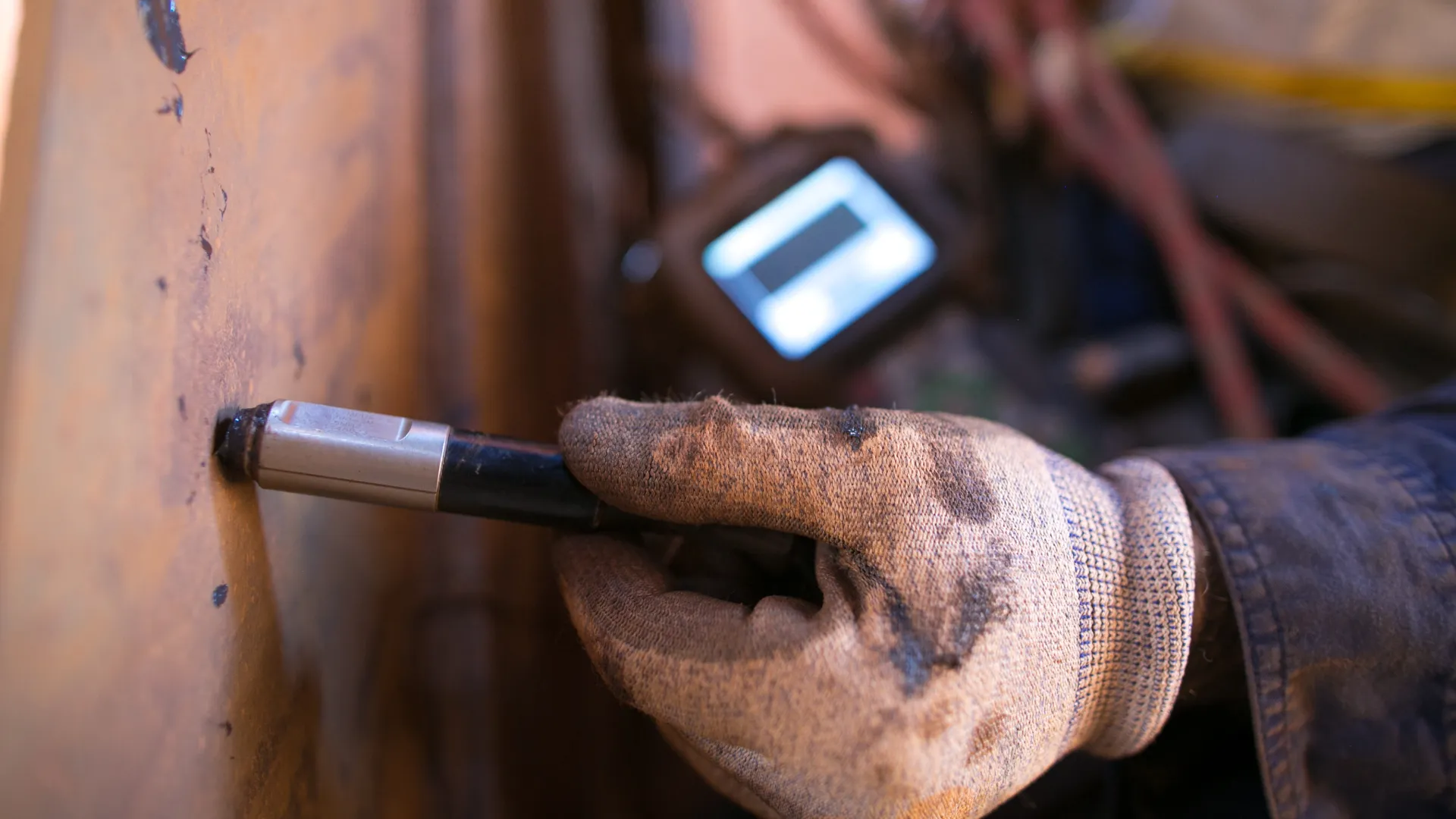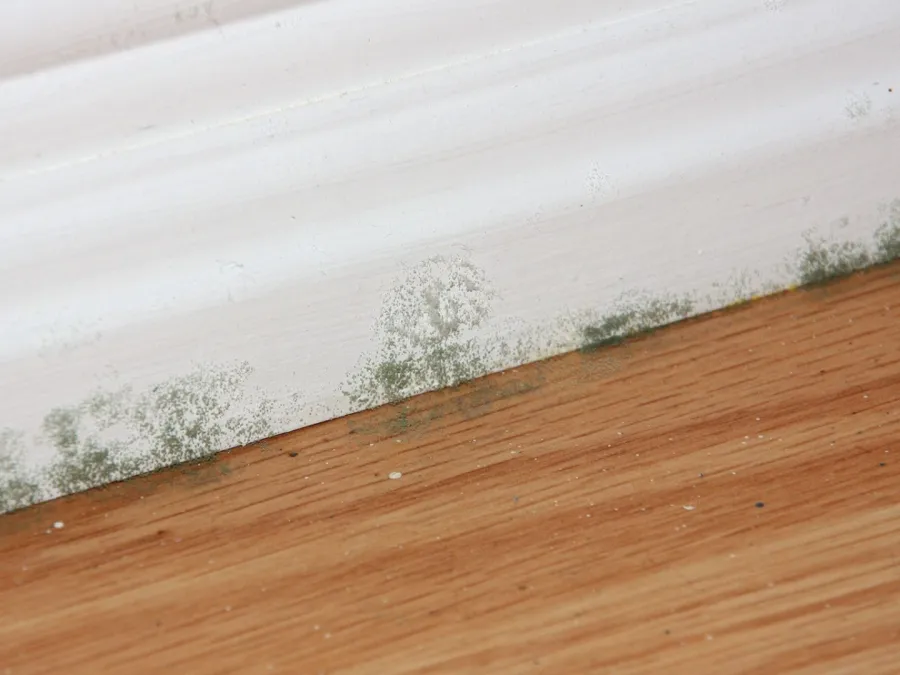
Mold & Air Quality Testing
Trust the Experts at LunsPro

Mold can be a problem before you ever see it.
You may have a mold problem in your home and not even know about it. Mold is highly prevalent in many homes, particularly those in humid climates such as North and South Carolina. Exposure to mold can cause a number of health issues for many people.
Our mold inspection service utilizes air quality and surface sampling where the results are analyzed by a separate laboratory. The certified home inspectors here at LunsPro are trained in mold testing techniques to ensure that the air in your home is clean and clear.
Why Choose LunsPro?
See how our standard inspection services stack up to the competition
LunsPro Home Inspections
Our Competitors
Services Offered
LunsPro Home Inspections
Our Competitors
Drones used on all inspections
Most home inspectors are not FAA licensed
Infrared used on all inspections
Typically additional costs associated
Termite, Radon, Mold, Sewer & More
Most inspectors are unable to provide this
Same day, next day and weekend availability
Most inspectors are unable to provide this

It's Not Just a Test, It's Peace of Mind
Mold inspection is an essential first step toward improved air quality in your home. Although mold is most common in spaces that frequently get moist, such as in the kitchen or bathroom, it can grow and spread just about anywhere in your house. Having air quality testing done by the team at LunsPro can help eradicate mold indoors and out, and keep your family breathing easier and sleeping better at night.
Frequently Asked Questions
Q What do you test for in an Air Quality/Mold inspection?
We are looking for 11 different Fungal Types. We will be testing outside as well to get a comparative/control for the inside samples. Our report will tell how each fungal type affects your health, and other details about them. It will give you a reading for all of the 11 fungal types, and if they are above harmful conditions.
Q Can an air quality test detect mold?
Air sampling tests the concentration of mold spores in your home's air. Samples are taken from the air and are later examined under a microscope. Air tests can tell you if you have a mold problem even if you cannot find the mold growth.
Q What is the main cause of mold?
Mold and mildew need only a damp, moist environment and organic material to establish themselves and thrive. Roof and foundation leaks, high interior humidity, overflowing washing machines and more severe forms of flooding are common sources of moisture and are what causes mold in a house.
Q How does mold affect air quality?
It often leads to poor indoor air quality, airborne contamination, and allergens affecting the health of everyone in the building. It won't be long before your mold problem spreads into the air ducts and quickly worsens.
Q Does every house have mold in the air?
"Every house, every environment has mold spores." It becomes an issue when the concentration of mold spores in a home is greater than what is found outside. Mold needs three conditions to thrive: an ideal temperature, a source of food and moisture. Around 70% of homes currently have mold. Mold is one of the biggest nightmares for homeowners.
Q Should I worry about mold in crawl space?
When mold takes over the crawl space, it releases toxic microscopic spores that can float into the living space. When you or your loved ones inhale them, it will trigger many problems including itchy eyes, asthma, bronchitis, and even migraines. Mold can also make breathing a problem for your loved ones.
Q How do you improve the air quality of mold?
Replace or clean furnace and air filters when they are dirty. Check them regularly, at least every two months. Use a "high efficiency particulate filter" (HEPA). Use ventilating fans over the stove and in the bathroom and be sure they are vented to the outside of the house. Keep humidity levels in your home as low as you can—no higher than 50%-all day long. An air conditioner or dehumidifier will help you keep the level low. You can buy a meter to check your home's humidity at a home improvement store. Professional Remediation of the home and or crawlspace may be needed for extreme issues.
Q Is mold testing necessary if I can see mold in my home?
Yes, mold testing is still necessary even if you can see mold. Testing helps determine the type and concentration of mold present, which is crucial for effective remediation and ensuring there are no hidden mold colonies elsewhere in the property.
Q How long does the mold testing process take?
The mold testing process typically takes about 1-2 hours, depending on the size and condition of the property. After the samples are collected, lab analysis can take an additional 2-3 business days.
Q How much does mold and air quality testing cost?
The cost of mold and air quality testing varies based on the size of the property and the extent of the testing required. Contact LunsPro Home Inspection's office via call or text at 704.981.2922, email to carolina@lunspro.com, or schedule online here.







